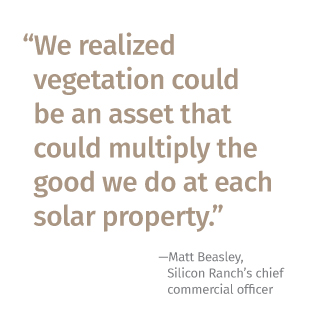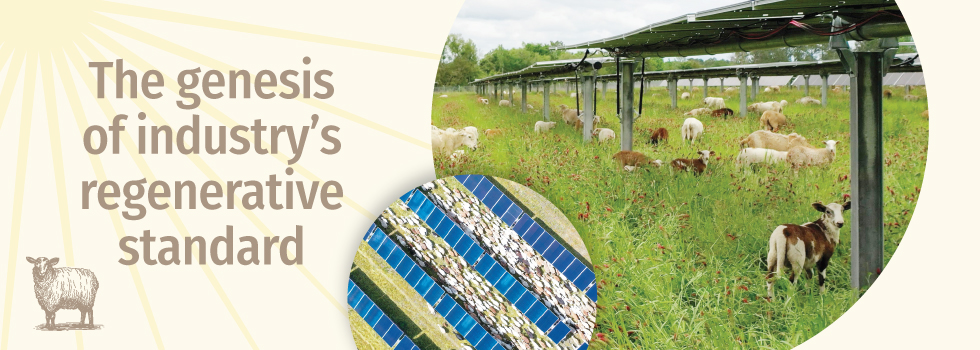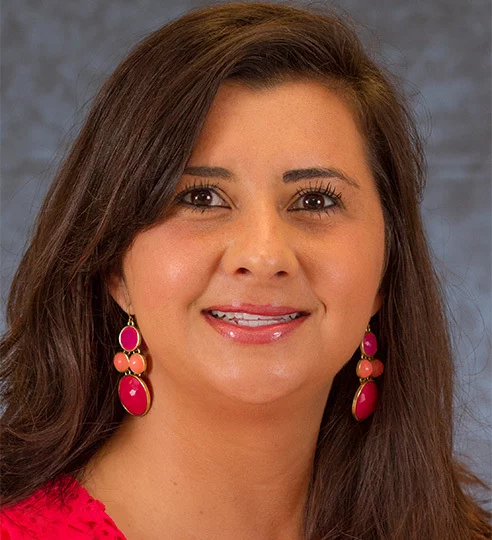Making Solar Do More
Walton EMC and its partner Silicon Ranch are the undeniable leaders in generating renewable energy to support new industry in Georgia.
In just four years, they have collaborated to install seven solar facilities to support Meta’s (formerly Facebook) operations in Newton County. This number will grow to 10 over the next three years.
While the advantages of renewables are well known, the biggest benefit of these projects may be the one not predicted. An idea sparked during implementation of the collaborators’ first project could have a lasting impact on Georgia’s environmental and agricultural landscape as well as the entire solar power industry.
A Bright Idea
Shortly after announcing the first solar installation in 2018, the partners received a call from Will Harris, a neighboring farmer using regenerative agricultural practices to produce food and care for the land. His idea: Keep the former cotton farm in agricultural production by using livestock to graze vegetation.
Managing vegetation so it wouldn’t interfere with panels getting sunlight was essential, said Matt Beasley, Silicon Ranch’s chief commercial officer.
 “We considered grass a liability because it had to be mowed and sprayed,” he said. “But Will [Harris] turned our thinking upside down. We realized vegetation could be an asset that could multiply the good we do at each solar property.”
“We considered grass a liability because it had to be mowed and sprayed,” he said. “But Will [Harris] turned our thinking upside down. We realized vegetation could be an asset that could multiply the good we do at each solar property.”
Inspired by this epiphany, Silicon Ranch revamped its entire land management strategy. Instead of taking land out of agricultural use to build large-scale solar farms, the company’s “regenerative energy” model would deliver both clean solar electricity and grass-fed meats. Bonus benefits would be healthy soil and water, increased biodiversity and sequestered carbon.
In early 2020, sheep began grazing at the Bancroft Station solar facility, making it Silicon Ranch’s first official regenerative farming initiative. Sheep now graze at three Walton EMC-partnered solar farms. Eventually, all 10 solar farms will have grazing sheep.
“We plan to grow our flock to well over 10,000 sheep,” Beasley said, noting this will double the state’s total sheep population.
Setting the Standard
Silicon Ranch leaders believe the benefits of their Regenerative Energy® model born in Georgia will have far-reaching effects. “We think it will change the course of the solar industry,” Beasley said. “Holistic farming just adds another benefit to the positive impact of solar energy. The model we’re sharing with the industry can do good things for the environment, local economies and future rural generations.”
Read more: Silicon Ranch Regenerative Energy Website

